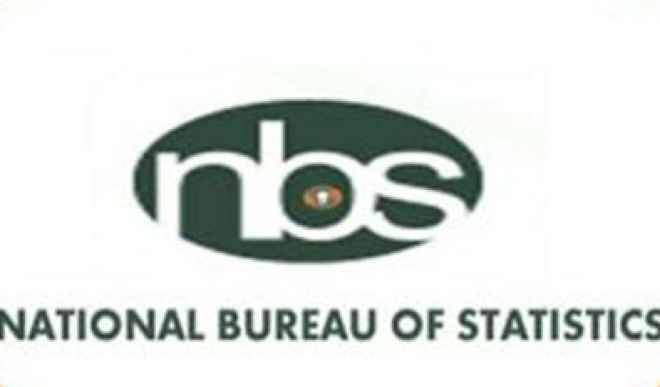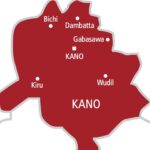Data have shown that Nigeria spent over N40 trillion on food imports in 21 years to meet domestic consumption.
Data from the National Bureau of Statistics (NBS) and Central Bank of Nigeria (CBN) show that this translates to food imports of an average of N1.92 trillion per year and N1 billion every day from 1990 to 2011.
The data, published in the International Journal of Economics, Commerce and Management, also revealed that although the country had a positive trade balance (on the aggregate) within the period, annual food import bill was in multiples of five times of export.
Under President Muhammadu Buhari’s regime, food imports continued to drain the nation’s foreign exchange, a development that may not be unconnected to his recent directive to the Central Bank of Nigeria to halt sale of foreign exchange to food importers as the country has attained self-sufficiency in food production.
NBS data analysed by Daily Trust showed that from 2016 to the first half of 2019, Nigeria spent N54.51 trillion importing manufactured goods, mostly food, and agricultural goods.
Within the period, agricultural goods import gulped N38.24 billion while manufactured goods import gulped 19.51bn.
The World Bank collection of development indicators revealed that food imports as a percentage of merchandise imports in Nigeria was reported at 12.85 per cent in 2016.
By World Bank classification, food comprises commodities such as live animals, beverages, tobacco, vegetable oils, fats, oil seeds, oil nuts and oil kernels.
Importation has been a major concern retarding Nigeria’s economy for decades largely due to the country’s self-insufficiency both in raw material production and processing.
For instance, data compiled by Trading Economics, a data analytical firm, showed that imports in Nigeria averaged N227.10 billion from 1981 until 2019, reaching an all-time high of N2.21 trillion in August of 2018 and a record low of N167.88 Millions in May of 1984.
In the first quarter of 2019, the NBS reported that the value of imported manufactured goods increased by 25.81 per cent against the value recorded in the last quarter of 2018 and rose by 130.7% against its value in first quarter of 2018.
In March 2019 alone, Nigeria’s manufactured goods imports, mostly food, soared by 101.3 per cent while agricultural goods import also skyrocketed by 61.3 per cent.
Within markets in Nigeria, food inflation remained higher than the headline inflation, an indication that demand remained higher than supply.
For instance, in June 2019, the NBS reported that Nigeria’s headline inflation was 11.22 per cent, but food inflation stood at 13.56 per cent, being 2.34 per cent higher than headline inflation.
“This rise in the food index was caused by increases in prices of bread and cereals, meat, oils and fats, potato, yam and other tubers, fish, vegetables and fruits,” the NBS reported.
However, President Buhari believes this wastage must stop as Nigeria has “achieved food security.”
The president said to the CBN: “Don’t give a cent to anybody to import food into the country. Some states like Kebbi, Ogun, Lagos, Jigawa, Ebonyi and Kano have already taken advantage of the Federal Government’s policy on agriculture with huge returns in rice farming. More states should plug into the on-going revolution to feed the nation.”
Meanwhile, early this year, Daily Trust Board of Economists expressed disagreement with the classification of Nigeria as the poverty capital of the world despite gains recorded in the agricultural sector.
The board could not reconcile the ‘successes’ recorded in the agricultural sector, and the classification of Nigeria on the poverty index where inadequate food was the major factor.
The board recommended that government took measures to remove Nigeria from the unenviable classification within the first year of President Buhari’s second term.
“This can be done in part through capital releases that support small-scale projects that can minimise unemployment and reduce poverty especially in the rural areas,” the board advised.




